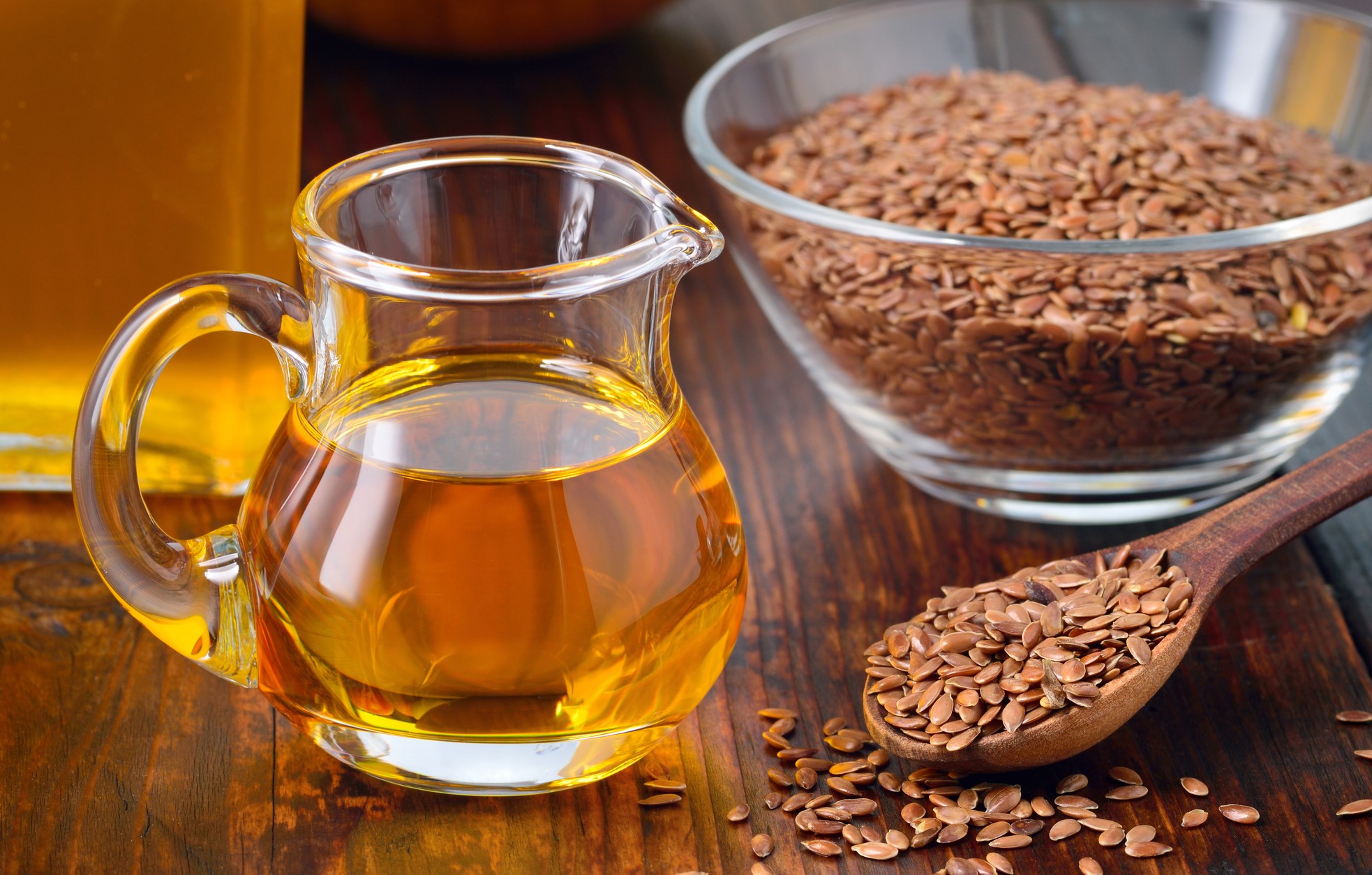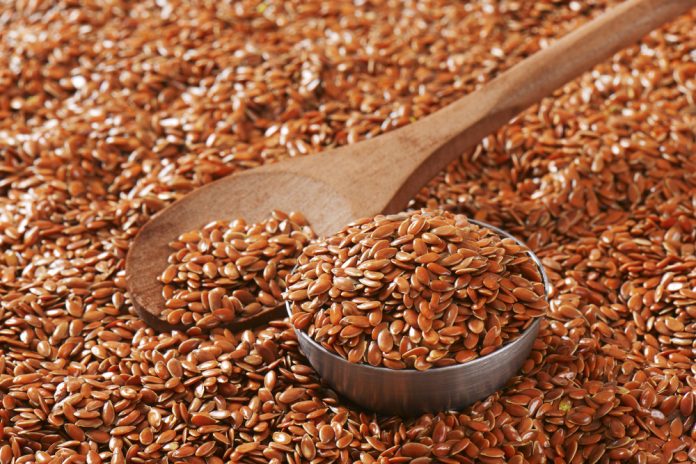Fats are one of the most important macronutrients for the human body. Fats are building blocks for around 70 trillion cells that make up our body. Our hormones, bile, and cholesterol also consist of fats. The body uses fats as an energy source and protection.
Fatty acid deficiency is widespread and could present itself in varied forms: dry, itchy and flaking skin, dandruff, hair loss and poor quality hair, memory and cognitive problems, hormonal imbalances, low energy, fatty and greasy food cravings, easily-fatigued muscles, inflammatory conditions, digestive issues, tension and headaches at base of skull, “sun poisoning”, and headaches when out in the hot sun.
Low-fat and no-fat diets could be detrimental for our health. But it is important to know that not all fats are equal. There are two types of fats our body cannot manufacture and these must be supplied by the food we eat. These fats are linoleic acid (omega-6) and alpha-linolenic acid (omega-3). The body could make other types of fats from linoleic and alpha-linolenic acids. We eat enough of omega-6. The problem is omega-3 fats.
One of the best sources of omega-3 is flaxseeds. These seeds carry medicinal qualities and contain antioxidants, Vitamin E, B1, B2 and C, amino acids, minerals, and fiber.

You can consume flaxseeds or flaxseed oil. If you decide to use seeds, they must be ground right before consumption. Otherwise, seeds lose their properties. The recommended dose is 1-6 tbsp of ground flaxseeds a day. You can add them to tasty recipes (if you do not like to consume the powdered form) by adding it to salads, soups, porridges, and smoothies.
If you decide to buy the flaxseed oil, it must be unrefined, cold pressed, and placed in a dark container. Good-quality flaxseed oil has a rich golden color with a nutty taste. The recommended dose is 1-3 tbsp of oil a day taken with foods. Flaxseed oil can also be added to salads, soups, and smoothies.
There is no convincing evidence about the side effects of flaxseeds or flaxseeds oil, but it is not recommended during pregnancy, so best to avoid it when pregnant. Also, you should avoid flaxseeds if you have low blood pressure, low glucose levels, bleeding or taking blood pressure lowering or estrogen-containing medications.
To conclude, with a note of caution on the use of these seeds and their oil! Oxygen and heat cause the oil to lose its properties. NEVER heat flaxseeds or flaxseed oil.
Sophia Gigitashvili is a Certified Nutrition and Detoxification Specialist in New York City. She resides in Brooklyn, New York, where she facilitates health and wellness workshops and retreats, supports corporate and children’s health education and helps individuals reach their health goals. She holds certificates in Ayurvedic and Chinese medicine, nutrition, health coaching, cellular detoxification & regeneration (Dr. Robert Morse’s method), and clinical iridology. Click here to follow her on Instagram.
Image courtesy: Depositphotos



















